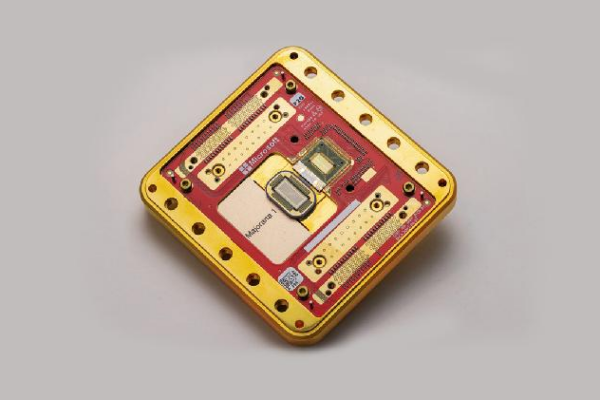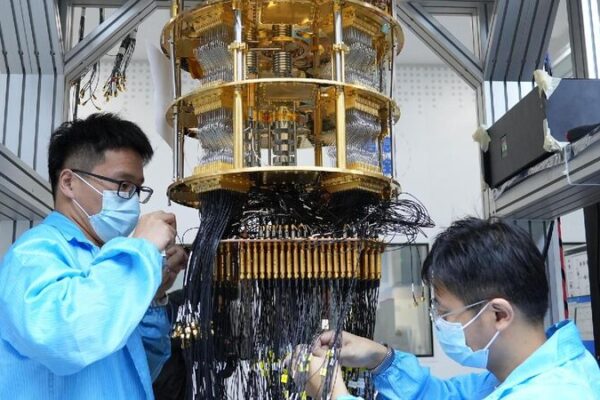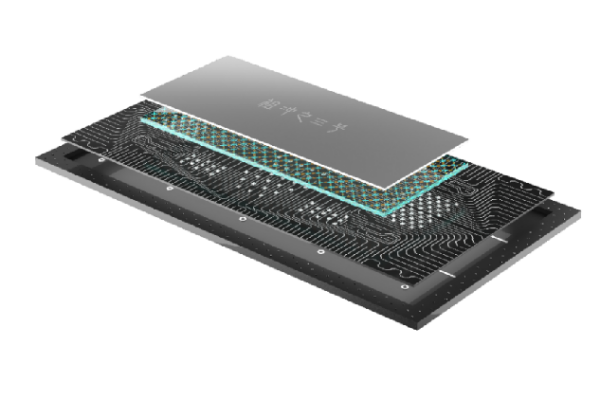Google has unveiled a groundbreaking quantum computing chip called Willow, marking a significant milestone in the quest for ultra-fast computing. The tech giant announced that Willow solved a complex problem in just five minutes—a task that would take a classical computer longer than the age of the universe to complete.
Quantum computers use units called “qubits” to process information at incredible speeds. However, qubits are notoriously error-prone, making it difficult to build reliable quantum systems. Google’s Willow chip addresses this challenge by linking qubits in a way that reduces error rates as more qubits are added. Remarkably, the chip can also correct errors in real time.
The development of Willow is a major step forward in quantum computing, a field that has been evolving since Nobel Prize-winning physicist Richard Feynman introduced the concept in 1981. Scientists worldwide have been striving to create practical quantum computers capable of outperforming traditional machines.
Despite the excitement, some experts caution against overhyping the achievement. Professor Alan Woodward, a computing specialist at Surrey University, notes that while quantum computers will excel at certain tasks, they won’t replace classical computers entirely. “One has to be careful not to compare apples and oranges,” he told the BBC, emphasizing the need for a balanced perspective.
Google’s advancement with Willow brings us closer to a future where quantum computers could revolutionize fields like cryptography, medicine, and artificial intelligence. For now, the journey continues as researchers work to turn this promising technology into a practical reality.
Reference(s):
cgtn.com








